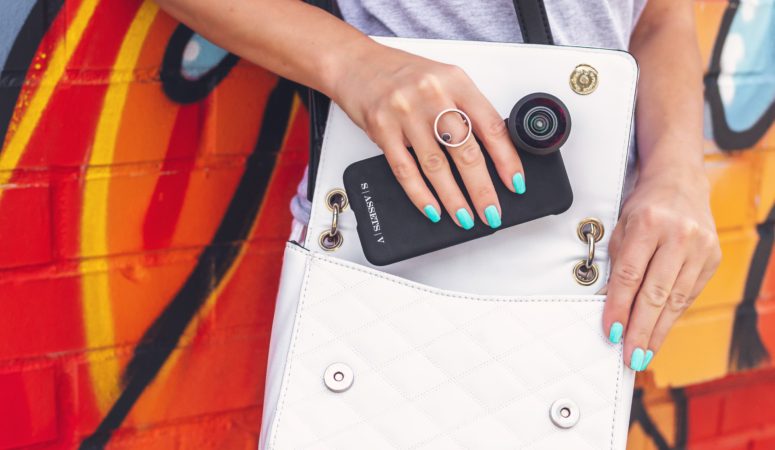Hey there credit-inquisitors! This series of posts is designed for you to learn all you can about credit. By now, I hope you have read the first post “What does your credit score mean and what can you do to improve it?” which teaches you why you should care about your credit score and outlines the top 5 factors that are used to calculate the number. So by now you should know the good behaviors and hopefully you are putting them into practice.
Now it’s time for Step 2: Learn the credit “no-no’s” – what NOT to do when you are trying to improve your credit score. Some of these no-no’s might take you by surprise, so pay close attention.
Don’t miss or make any late payments on your bills
This one is obvious. You can’t be missing payments on your bills. If you’re having trouble keeping track of when things are due, you need a new system. Perhaps you could set up automatic withdrawals for your payments? Can you set up email reminders? Whatever it takes to ensure you pay all of your bills on time – do that. This is a basic adult responsibility so buck up and pay your bills on time!
Don’t open any new credit cards
It might seem counterintuitive when I say to not open any new cards if you are trying to build credit. But if you’re trying to improve your score, opening new cards is not a smart move. You DO want to have ample available credit to you (meaning you want high limits but low or zero balances) for a good credit score, but in the short term, opening new credit accounts causes your score to decrease.
There’s a bit of a caveat with this one: if you don’t have any credit at all, you might have to start by opening a card to build credit. This is only a good move if you are playing the long game. Opening a new card will ding your credit to begin with, but as long as you continue to leave it open with a zero balance, over time your score will rise.

Don’t apply for a loan
There are two types of credit report inquiries: hard pulls and soft pulls. When you are checking your own credit (which you can do for free, once a year through annualcreditreport.com, the only site I trust) it is a soft pull. Similarly, if a company checks your credit as part of a background check, this is a soft pull. Soft pulls do NOT ding your credit. However, every time you apply for a loan the creditor pulls your credit report. This is a necessary pre-qualifier to get a loan, and these are “hard pulls” of your credit. All hard pulls result in a ding to your credit score. How much will this ding affect your score? Well, that’s a mystery. It might only bring your score down a few points, maybe 10, but is it worth it? This “ding” will stay on your report for about 2 years – so be smart.
Don’t make any major purchases on credit
This one goes hand in hand with the above (Don’t apply for a loan). In particular, if you’re trying to buy a house (or want to buy one soon), do NOT go out and buy a new car or rack up $5,000 worth of furniture on your credit card. Spend only what you have and buy only what’s necessary. This is a great time to build a budget and stick to it.
Don’t declare bankruptcy
If you’re really in a bind with your debt and you’re overwhelmed and not sure if you’ll ever be able to pay it off, you might be considering bankruptcy to eliminate the debt and get a fresh start. But is a fresh start really what it is? Even if you’re desperate, bankruptcy is usually not a good option. If you do file for bankruptcy, it will lower your credit score and stay on your report for 7-10 years. Banks and creditors don’t like to see this, so if you declare bankruptcy, you’ll have a really hard time getting a loan for about a decade.
Don’t close out old credit cards
A longer credit history improves your credit score, so even if you aren’t using your oldest credit cards, don’t close them. Keeping your older cards open (with zero balances) is a good move.
Don’t transfer balances from several cards to one card
If you have a credit card with a really low interest rate and you want to consolidate all of your balances and move them to one card, it’s usually not the best option for your credit score. If you transfer all your balances to a single card your credit utilization for that card increases, and this will hurt more than help your credit score. It’s usually more favorable to have a few small balances on various cards than max out a single card.
What you don’t do can be just as important as what you do, so pay attention to your actions, always keeping in mind your end goals.



